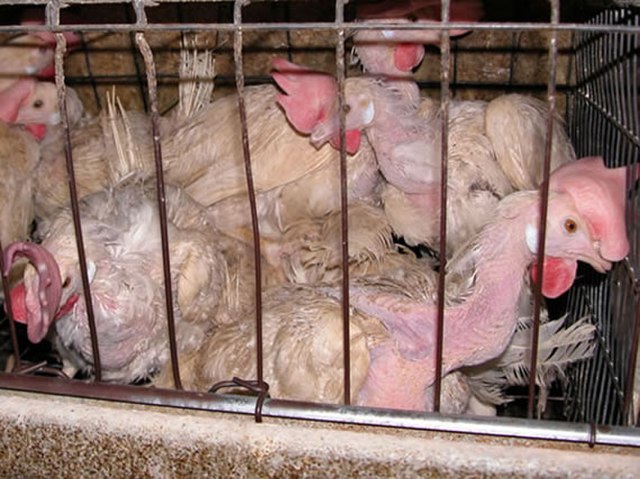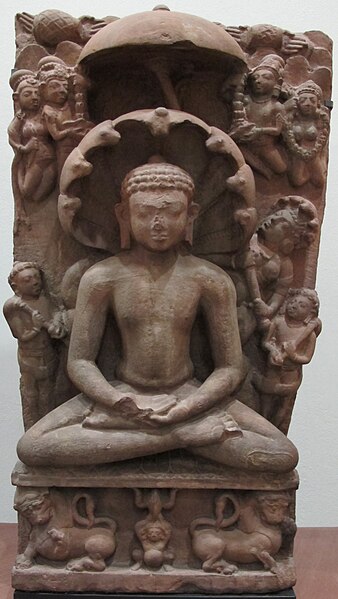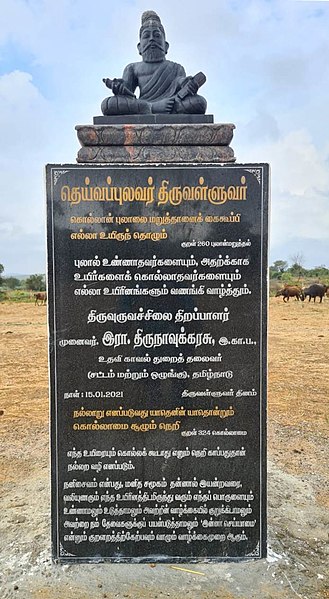Carol J. Adams is an American writer, feminist, and animal rights advocate. She is the author of several books, including The Sexual Politics of Meat: A Feminist-Vegetarian Critical Theory (1990) and The Pornography of Meat (2004), focusing in particular on what she argues are the links between the oppression of women and that of non-human animals. She was inducted into the Animal Rights Hall of Fame in 2011.
Adams speaks at the Intersectional Justice Conference, March 2016
Animal rights is the philosophy according to which many or all sentient animals have moral worth independent of their utility to humans, and that their most basic interests—such as avoiding suffering—should be afforded the same consideration as similar interests of human beings. Broadly speaking, and particularly in popular discourse, the term "animal rights" is often used synonymously with "animal protection" or "animal liberation". More narrowly, "animal rights" refers to the idea that many animals have fundamental rights to be treated with respect as individuals—rights to life, liberty, and freedom from torture that may not be overridden by considerations of aggregate welfare.
A captive monkey in Shanghai
Chickens held inside a battery cage in a factory farm
Parshvanatha, the 23rd Tirthankara, revived Jainism and ahimsa in the 9th century BCE, which led to a radical animal-rights movement in South Asia.
The c. 5th-century CE Tamil scholar Valluvar, in his Tirukkural, taught ahimsa and moral vegetarianism as personal virtues. The plaque in this statue of Valluvar at an animal sanctuary in South India describes the Kural's teachings on ahimsa and non-killing, summing them up with the definition of veganism.





